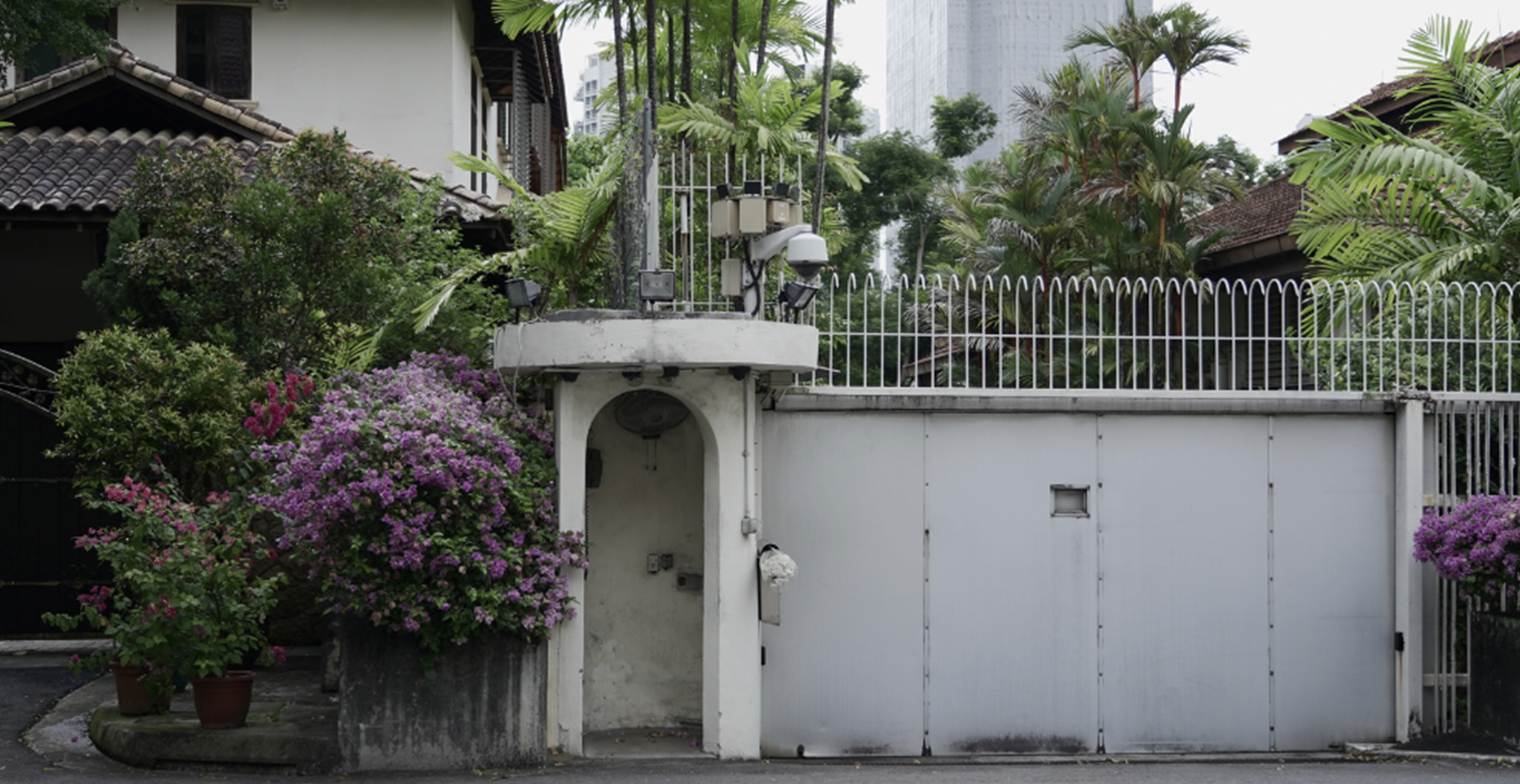Police may get power to restrict banking transactions of potential scam victims under newly proposed bill
Under the Protection for Scams Bill.

A bill that empowers the police to restrict an individual's banking transaction "if there is reasonable belief" that the individual will make money transfers to scammers was tabled in Parliament on Nov. 11, 2024.
This will enable the police to "better protect targets of ongoing scams who refuse to believe that they are being scammed", said Ministry of Home Affairs in a press release.
Restriction orders
Called the "Protection for Scams Bill", the proposed bill will see the police issuing Restriction Orders (RO) to banks to restrict the banking transactions of individuals who are believed to be making money transfers to a scammer.
A police officer will make the decision to issue the RO based on an assessment of the facts and circumstances of each case.
The RO will be issued only as a "last resort", after other options to convince the individual have been exhausted, MHA added.
Scope of restriction order
If issued, the RO restricts specific banking facilities, including:
- Transfers out of bank accounts and into other accounts (including via online banking, mobile banking, PayNow, and in person over the counter)
- ATMs, and
- Credit facilities, such as credit card transactions and personal loan facilities.
The RO will be issued by default to the seven Domestic Systemically Important Banks (D-SIBs) in Singapore — DBS Bank, Oversea-Chinese Banking Corporation, United Overseas Bank (OCBC), Citibank, Hongkong and Shanghai Banking Corporation, Malayan Banking Berhad, and Standard Chartered Bank.
It can also be issued to a non-DSIB, should there be reasonable suspicion that a non-DSIB account is directly involved, MHA added.
ROs will only be issued for scam cases — cases of cheating that are conducted substantially via digital or telecommunication channels, including calls, SMSes, or online communications.
Traditional cheating cases involving in-person interactions will not be covered. For example, transfers to an errant renovation contractor, or to a family member or friend.
Duration of RO
An RO will be in effect for up to 30 days.
If further intervention is required, the police could extend it for additional 30-day periods, up to a maximum of five extensions.
If the individual is determined to no longer be at risk of being scammed, the police can cancel the RO before the 30-day period expires.
Mechanism for appeal and lessen inconvenience
Individuals who receive an RO may appeal the decision to the Commissioner of Police.
Although the RO will remain active during the appeal process, MHA intends to handle appeals swiftly.
The Commissioner’s decision, however, will be final.
To minimise inconvenience, individuals under an RO will have the option to access their funds for essential needs on a case-by-case basis upon application to the police.
Due to a rise in scams
This bill comes in response to a significant rise in scam cases, which increased from around 9,500 in 2019 to approximately 46,600 cases in 2023.
In 2023 alone, scams led to losses totalling about S$650 million.
Despite existing protections by banks and government efforts, scam cases where victims voluntarily transfer money to scammers remain high.
Currently, police lack the authority to prevent individuals from transferring funds to scammers if they insist on doing so.
As such, the proposed bill seeks to protect targets of ongoing scams.
Top photos from Canva
MORE STORIES




















